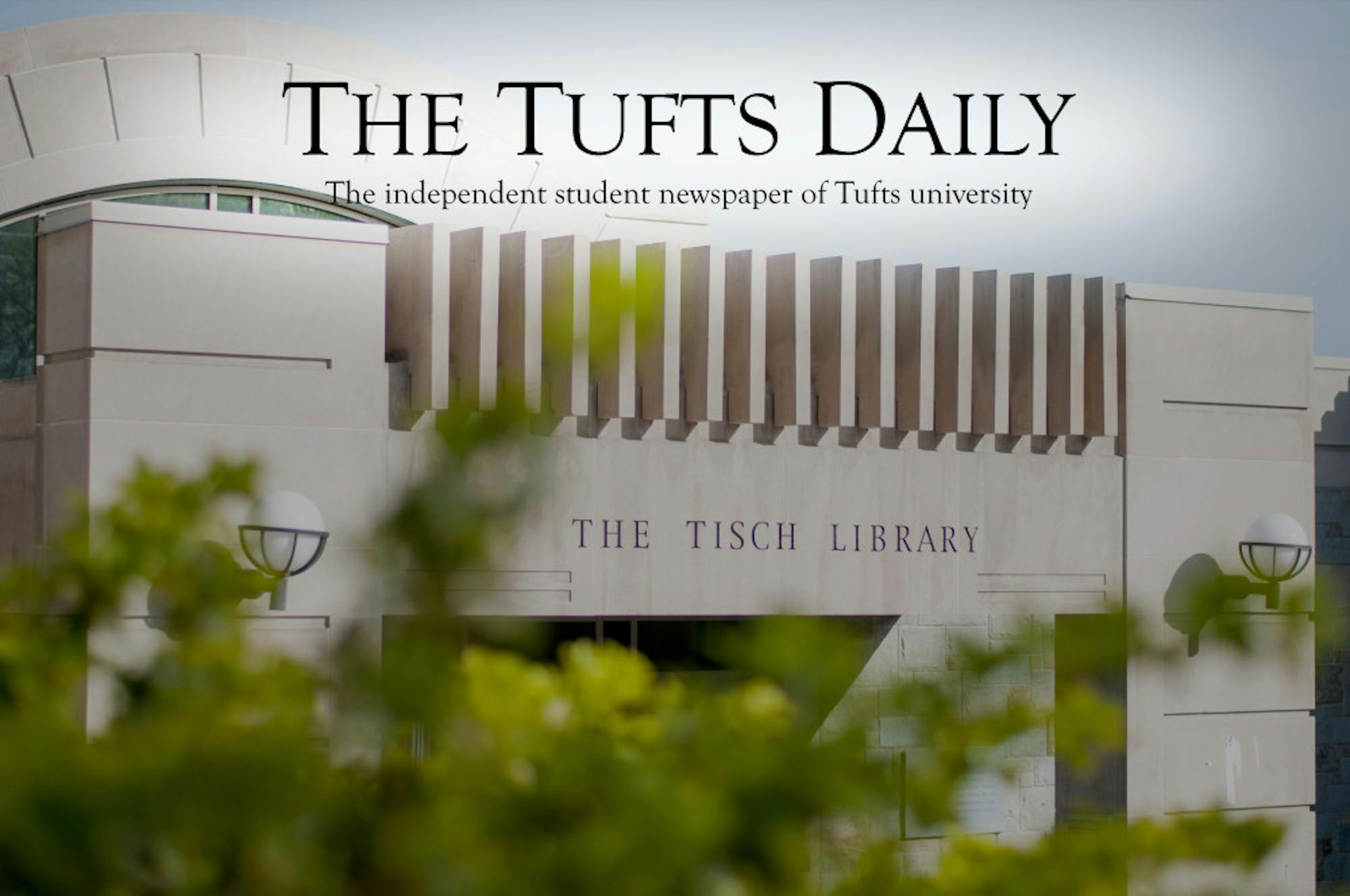It is most fitting, in a most disturbing manner, that Israeli Apartheid Week at Tufts University should be inaugurated on the heels of breaking news that, over the past year, Israel has doubled its rate of settlement construction in the illegally occupied West Bank. According to Israel’s Central Bureau of Statistics, 2,534 new housing units were begun in 2013, compared to 1,133 in 2012. Most major media outlets omitted this story from their headlines for March 3 of this year, and they could almost be forgiven for doing so. The story of Israel’s dismemberment of sovereign Palestine is one of the most tired news stories of our contemporary world. What has also become tired, almost desensitized, to the tragedy of Palestinian oppression is the collective global conscience of mainstream society. Israel has made routine out of subjugation and banality out of persecution. This status quo is utterly disgraceful and unacceptable.
This brings me to the main object of my commentary: the Israeli-Palestinian conflict in the context of the university campus. As an undergraduate at Tufts, I witnessed the transformation of the university campus into the seeming hotbed of debate on the Israeli-Palestinian conflict. Students for Justice in Palestine didn’t exist when I began my studies at Tufts. Consequently, Israeli Apartheid Week didn’t exist either. The responses to SJP that I perceived on the part of many so-called resident academics within various departments and the Institute for Global Leadership was that SJP had degenerated dialogue on the subject and threatened the empiricism of discussion. Let me affirm from a retrospective position as a recent graduate: this is pure propaganda. And it is intended to be a means of assassinating positive change that threatens to disrupt the heavily, unquestionably and unashamedly Zionist, and therefore bigoted narrative that predominates at Tufts.
One of my major regrets vis-a-vis my time spent at Tufts is that I was unwittingly complicit in the maintenance of the aforementioned status quo. As a co-president of Tufts NIMEP (New Initiative for Middle East Peace), I helped organize on-campus events under the banner of “non-polemical dialogue,” which, implicitly, must be more academic. The pervasive consciousness underpinning NIMEP’s functioning is that bias is bad and that neutrality is the true benchmark of scholarly pursuit. As far as argumentation, disputation, research and genuine learning go, there is no greater fallacy than such relativist vomit.
Polemical debate is the essence of disputation. It is the threshing floor of personal opinion and conviction. The etymological origin of the word is “polemos,” which means “war” in Greek. If the university campus cannot constitute a battleground of ideas, it is not worthy of its name or function. Thus, it follows that the inherent assumption predicating “non-polemical dialogue” is the effective castration of genuine learning. Don’t buy into it. The entrenched status quo wishes to appropriate and monopolize the parameters of campus debate accordingly, and through distraction, tautology and redefinition, attempt to subvert necessary controversy and argumentation by presenting a false dichotomy between academic and polemical disputation. Again, don’t buy into it, either subconsciously, as I did, or consciously. It is insidious usurpation and must not be condoned.
The conflict between Zionist and anti-Zionist narratives is, in fact, not a conflict at all. The oppressed and the oppressor do not engage in conflict. The colonized and the colonizer do not participate in equivalent adversarial struggle. The only time these two fronts meet each other in conflict is in rebellion. Israeli Apartheid Week should be assessed in this context. It is a noble pursuit of students within their limited means to recalibrate the parameters of “acceptable” disputation on campus and to combat the inherent bigotry of Zionism.
Historic Palestine is, and has always been, a pluralistic collection of societies. Any ideology that operates in denial of this reality and that does not enshrine it in its laws and practice is necessarily prejudiced and illegitimate. As Israeli Apartheid Week continues, don’t make the same mistake I did and fall into the deception of “non-polemical dialogue.” Only open conflict of ideas produces clarity, free from illusions and a false consensus. Speak truth to power at every possible opportunity and juncture, and resist the entrenched and intellectually stagnant status quo.
Stephanos Karavas (LA ’13) has served as co-president of Tufts NIMEP. He can be reached at sgkaravas@gmail.com.






